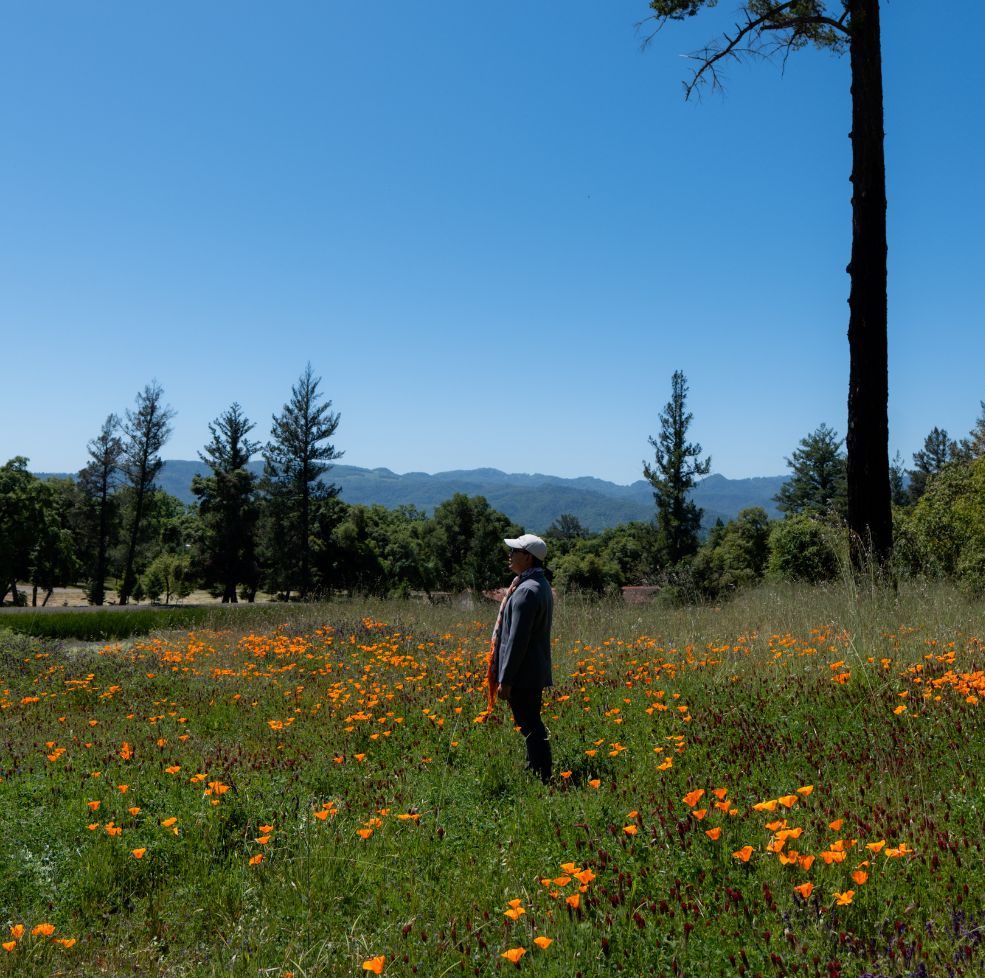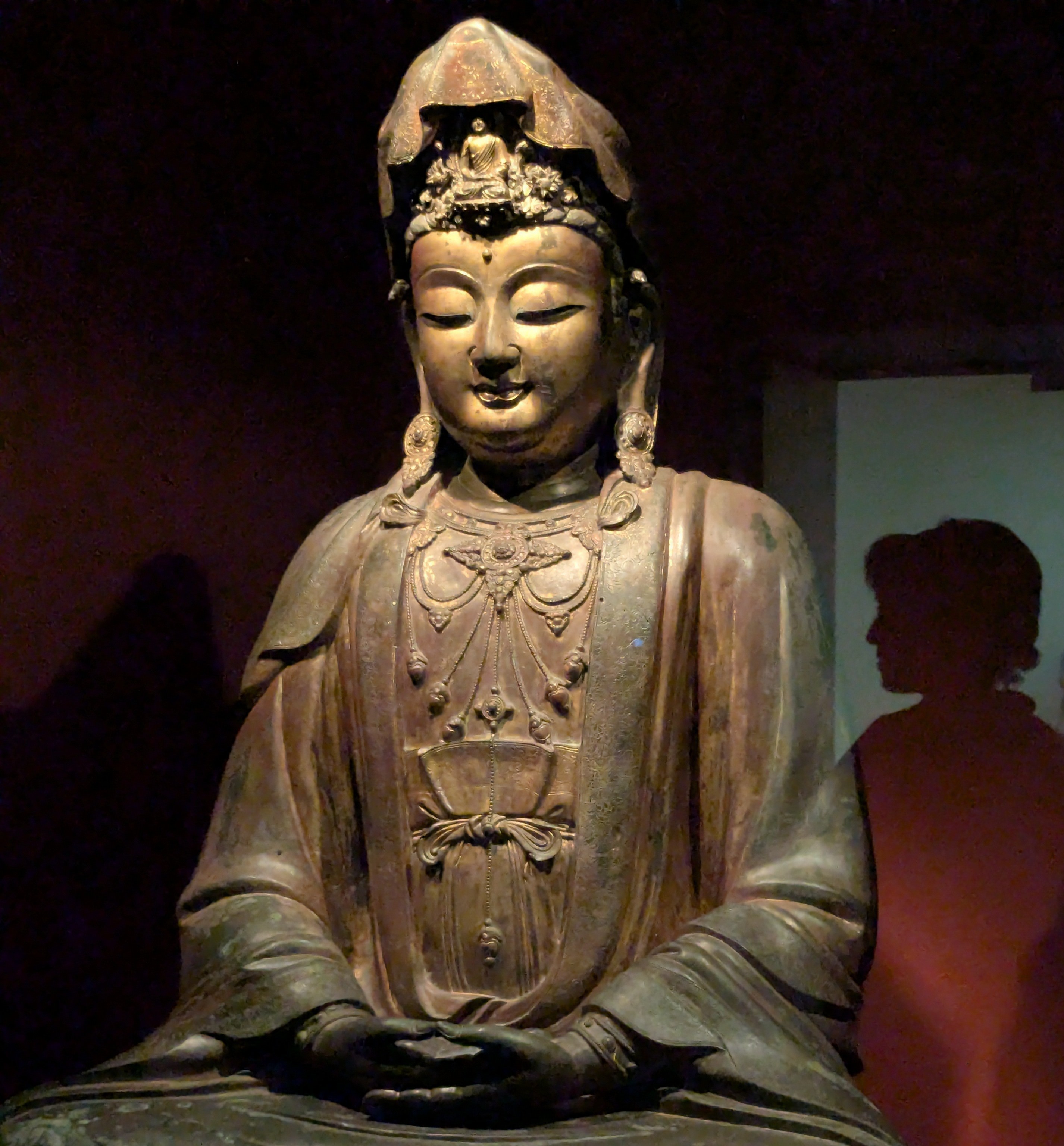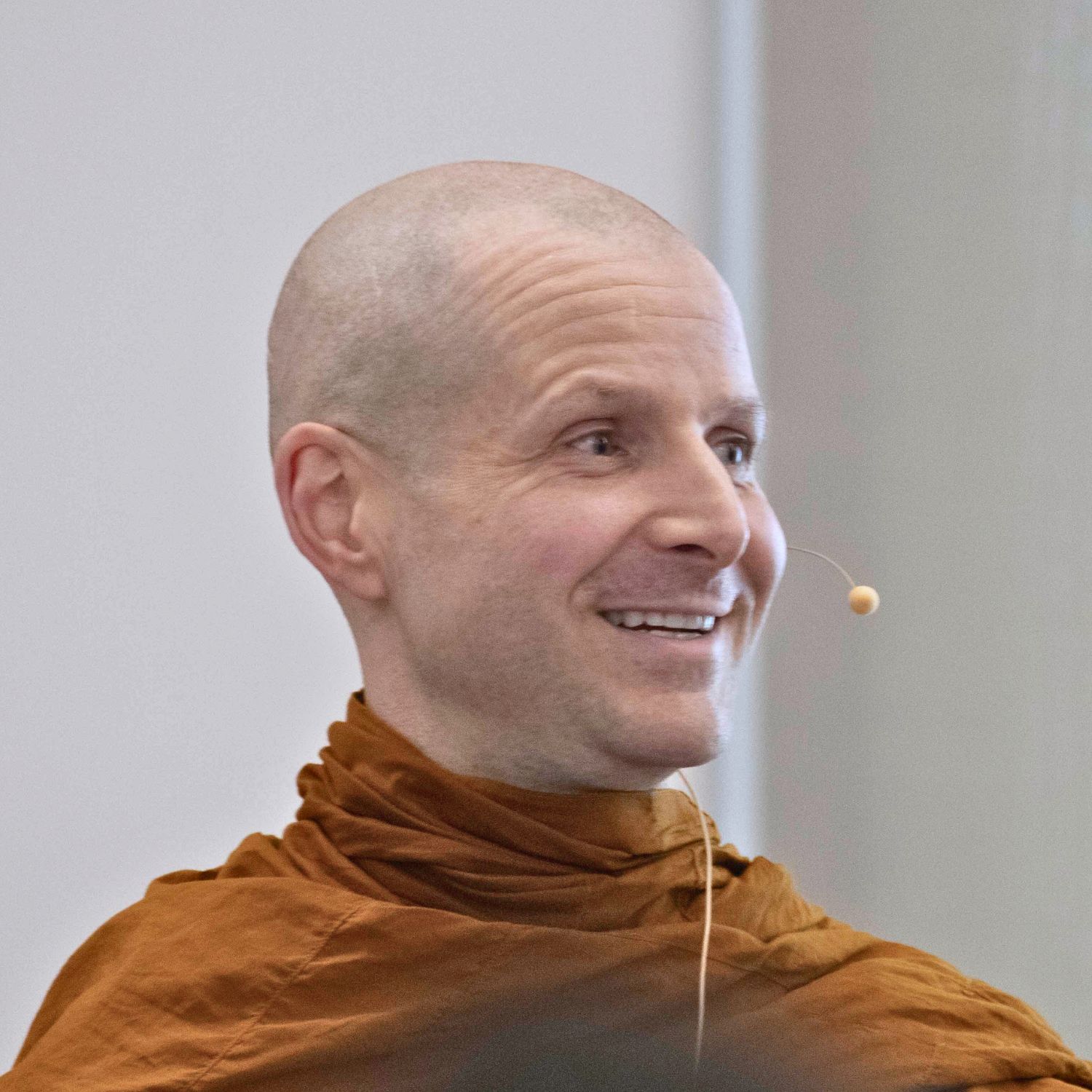
What Is the Purpose of Life According to Buddhism?
Prof Doug Powers:
In the way you’re asking about the purpose of life—and the way most people look at the idea of ‘a purpose’—life doesn’t have one, not in that sense.
What people currently mean by purpose is some aspiration they have, which is karmically constructed, which they try to live out more or less. But that entire construct of ‘purpose’ is actually just within the flow of karmic constructions.
From a Buddhist point of view, you’d have to look not so much at the purpose of life, which may be already taking you down a road that’s a little bit misleading, but ask the question of,
“How can I actually exist moment-to-moment so that there’s a certain amount of acute awareness, freedom, potential, and compassionate interaction?”
You have to ask questions more around where conscious awareness is, and how to use it so that it can bring you into contact with the way things really are.
Rather than constructing a purpose that we’re trying to make happen within a particular construct, the question from the Buddhist view is to step back from the concept of purpose and observe what’s actually going on in the incredible complexity of causality, and then learn to use a controlled awareness to interact with that in a way that leads to less suffering in the individual experiences, and to a collective sense in the world of not suffering so much.
If we want to talk about goals, there could be said to be only one goal in Buddhism, and that’s less suffering. And that’s for your own internal process, other people’s experience, and the world in general.
In order to do that though, you have to get out of your own sense of purpose and engage what’s going on at the place where the incredibly complex dynamics are actually occurring. Any preconceived notion that you have of what that is, is often going to be an illusion, something that you’re just making up, and all the theories that we’re applying about how to manipulate that reality construct that we’re collectively creating are always going to be a partial ideology, or a partial understanding.
But the Buddha has an incredibly idealistic view of the potential of human consciousness. Each one of us has this capacity to have a super profound understanding of what’s actually going on in the totality of the interconnected web of causality, and to engage it directly moment to moment in our experience to bring about less suffering and more freedom in each moment of consciousness both within ourselves and within other sentient beings.
So if you want to talk about a “purpose,” then that’s the purpose: to create less suffering for myself and other sentient beings, by working through the causes of that suffering in each causal flow of each individual living out their particular theory or narrative of their life.
So, what do you think? Is that “a purpose”?
Enjoying what you're reading?
Receive nourishing, mind-expanding insights straight to your inbox.


